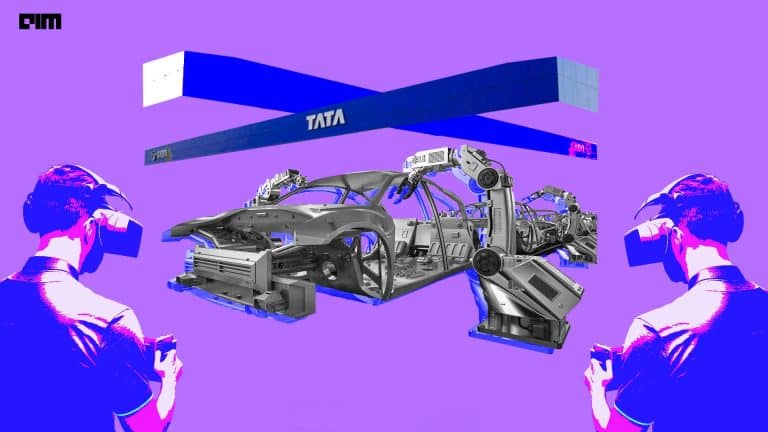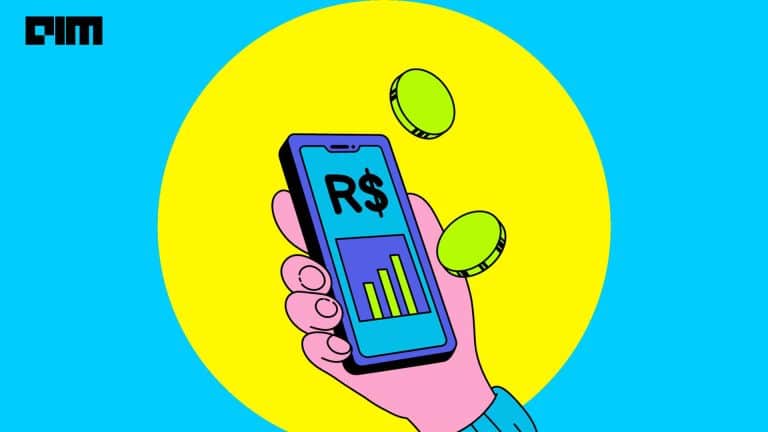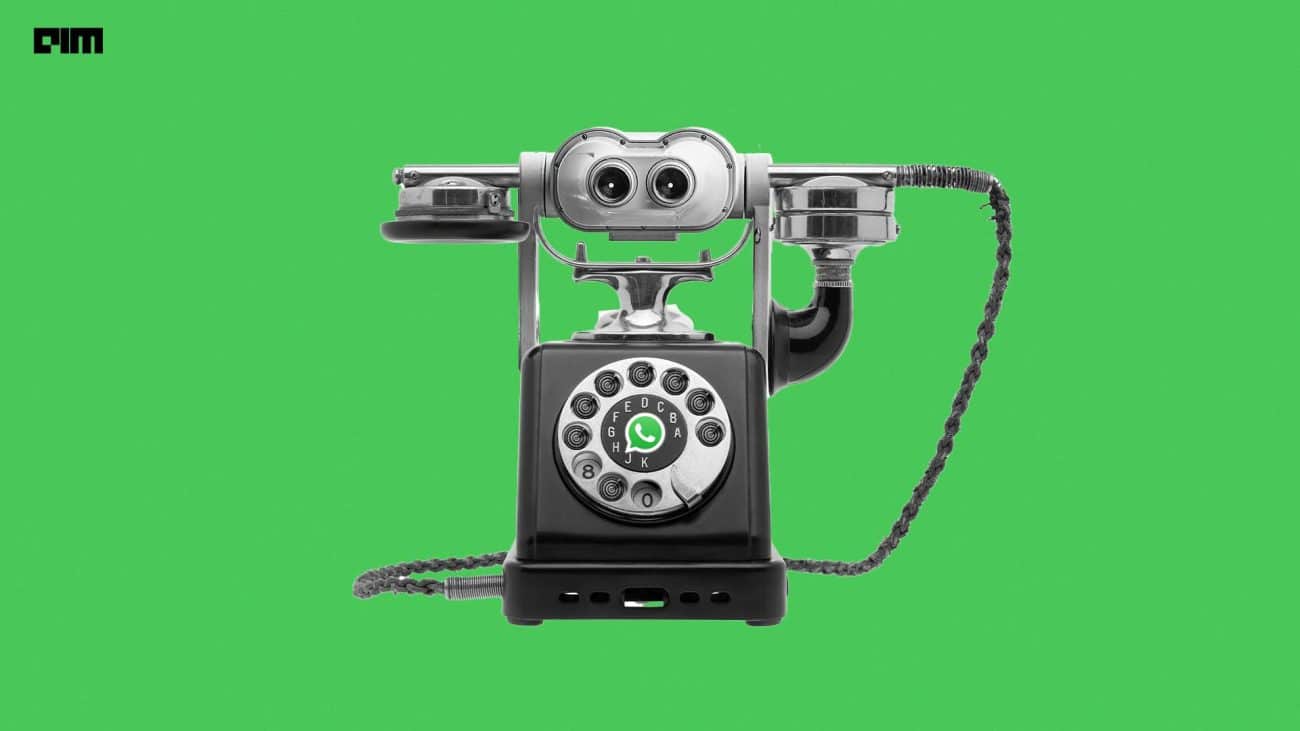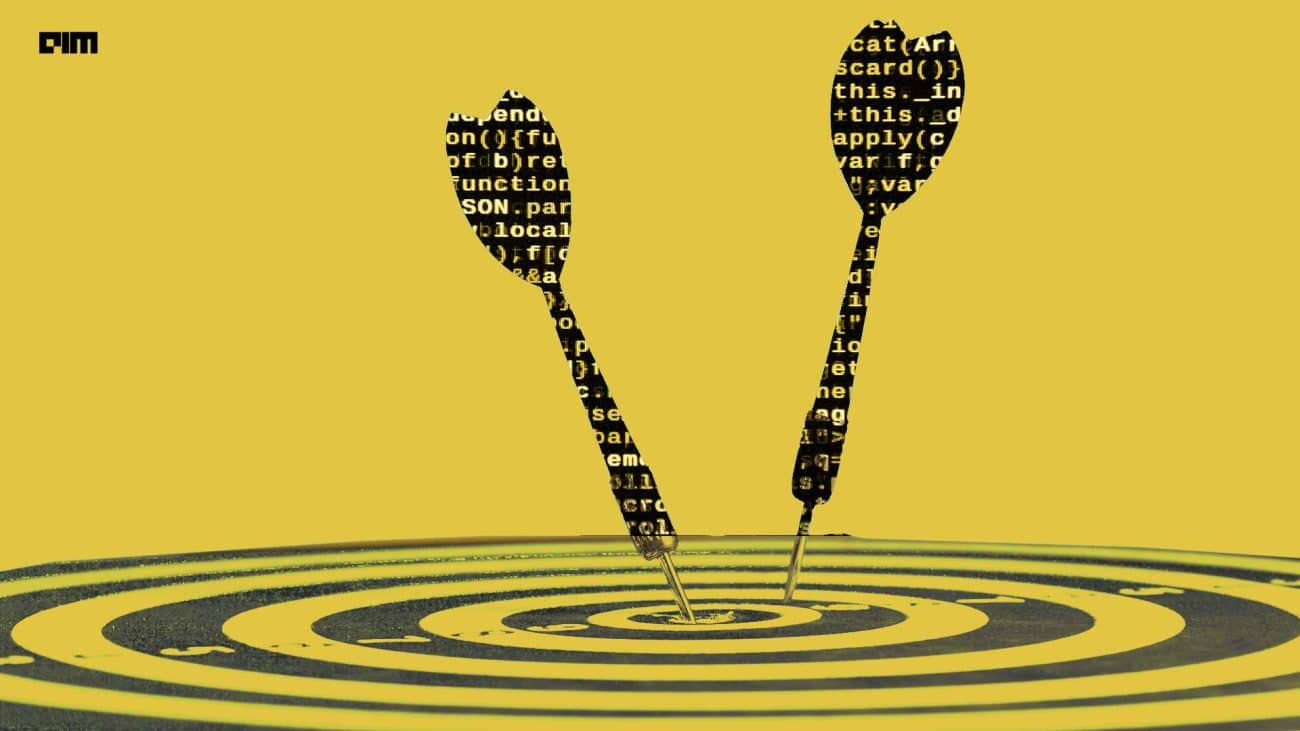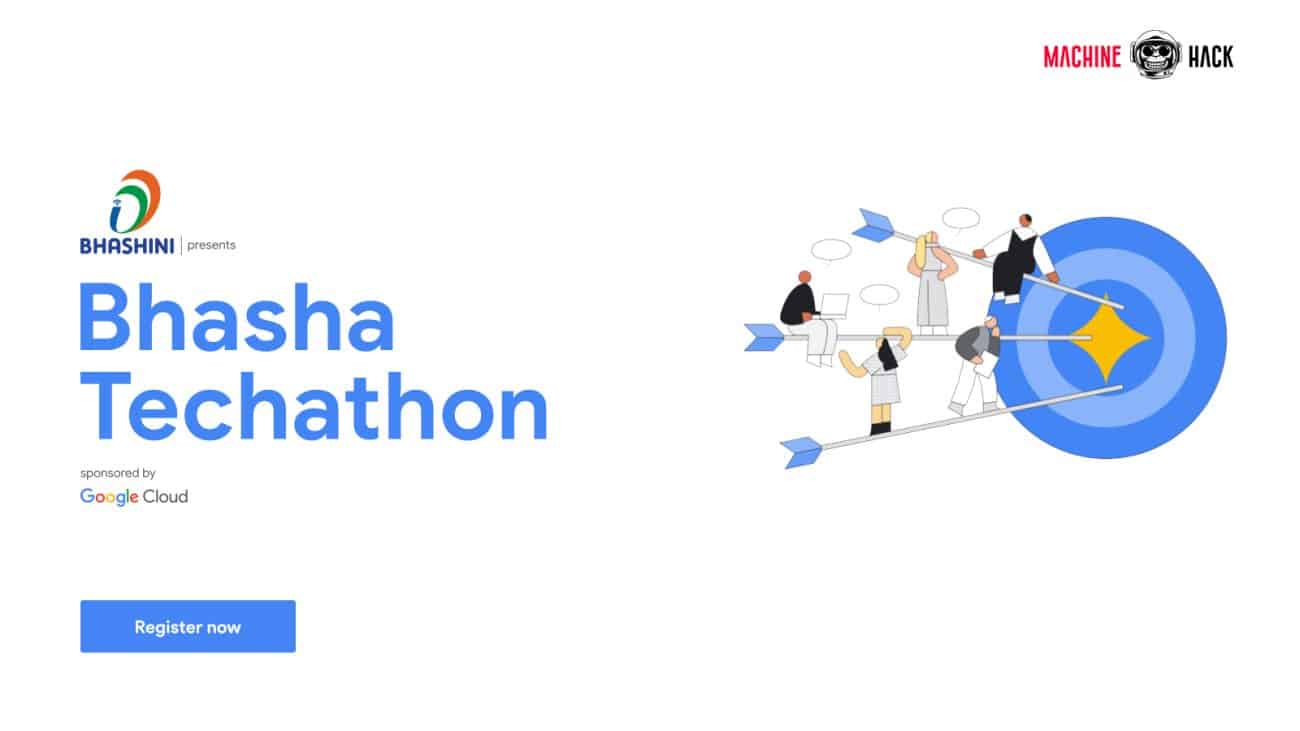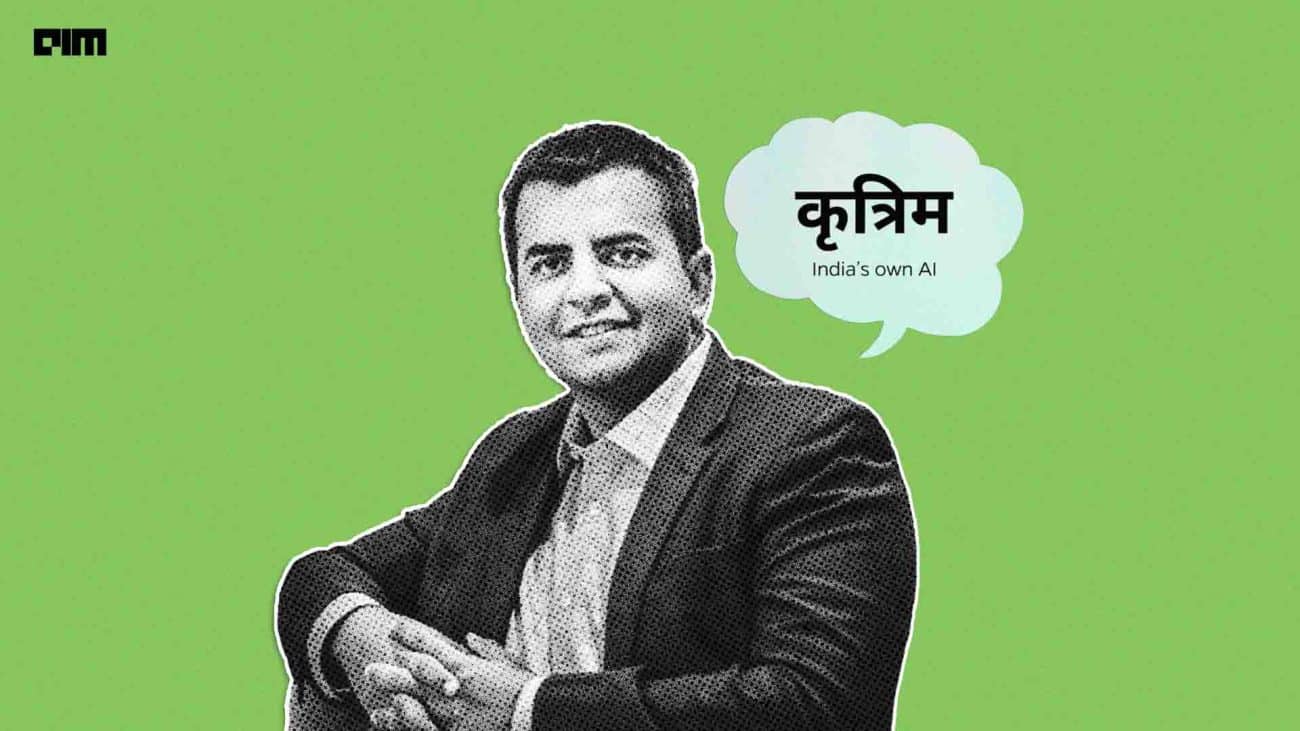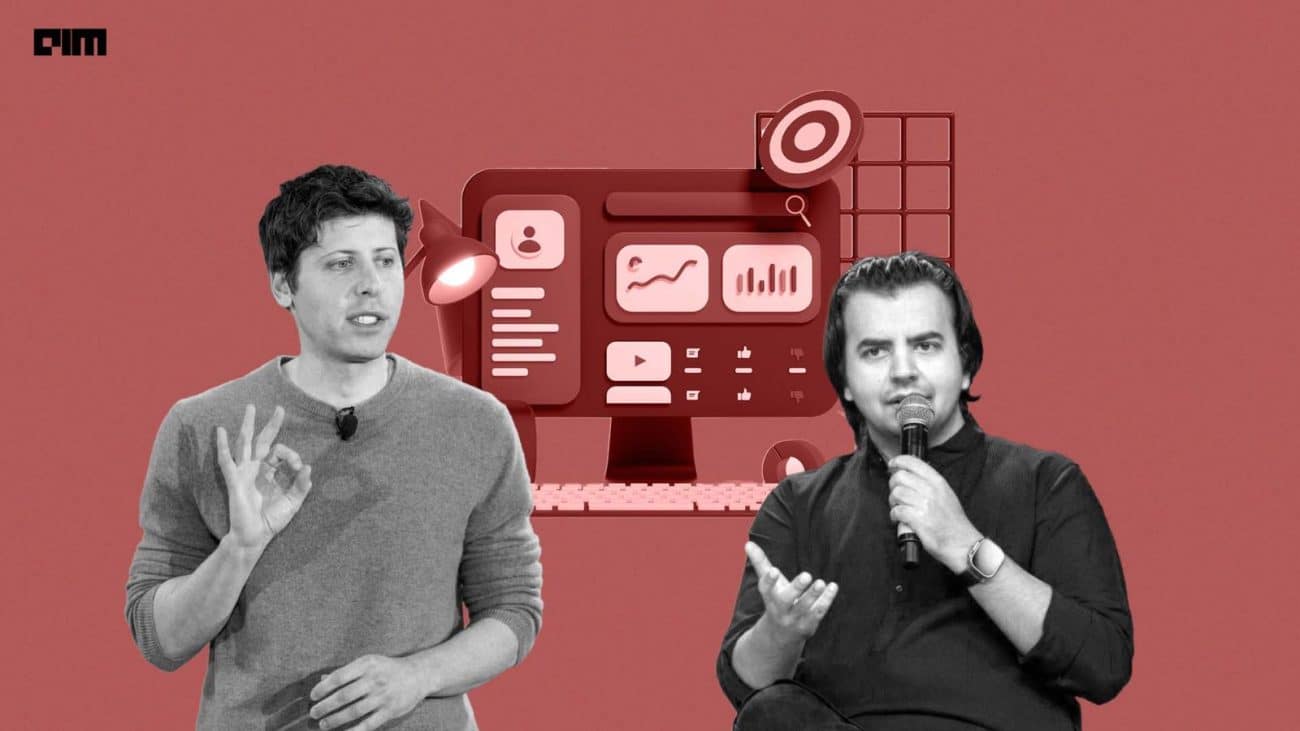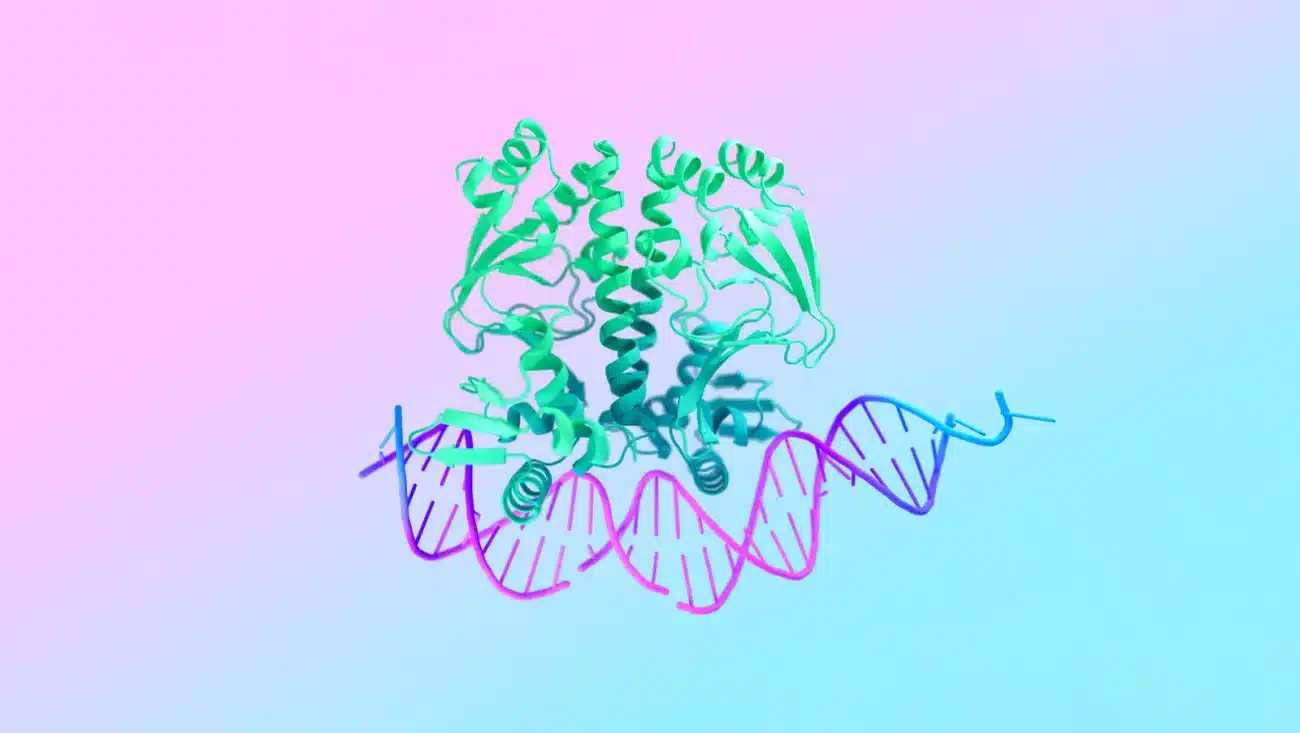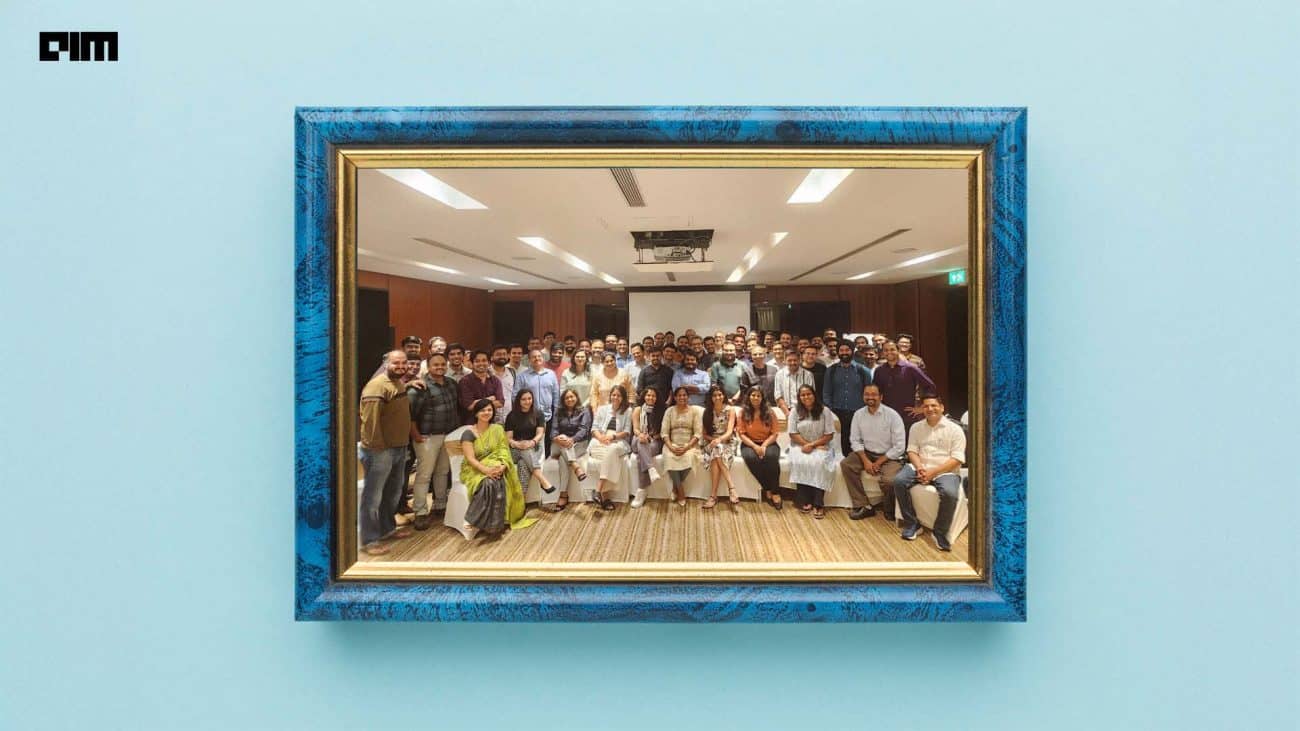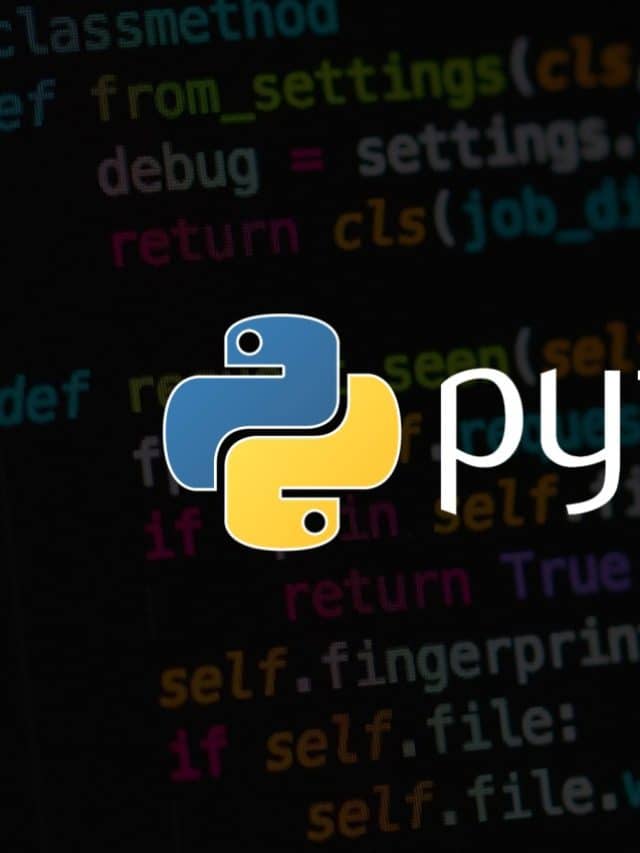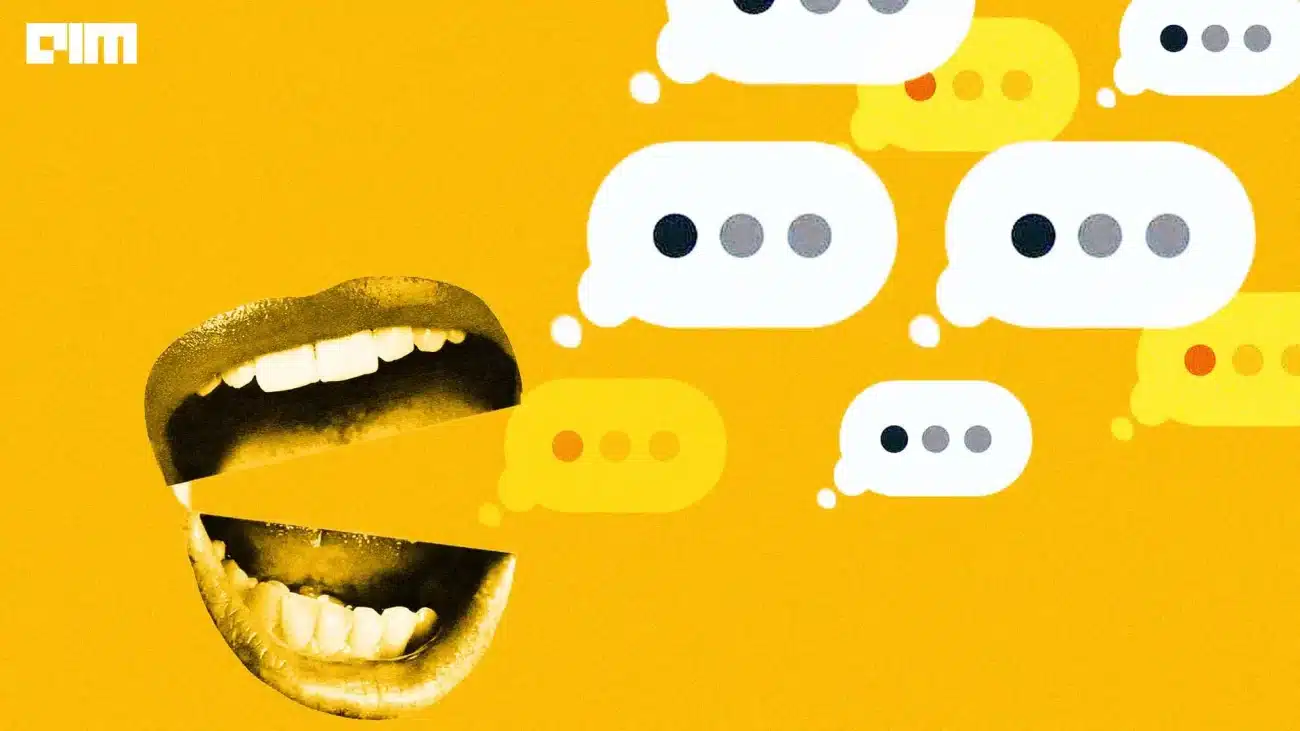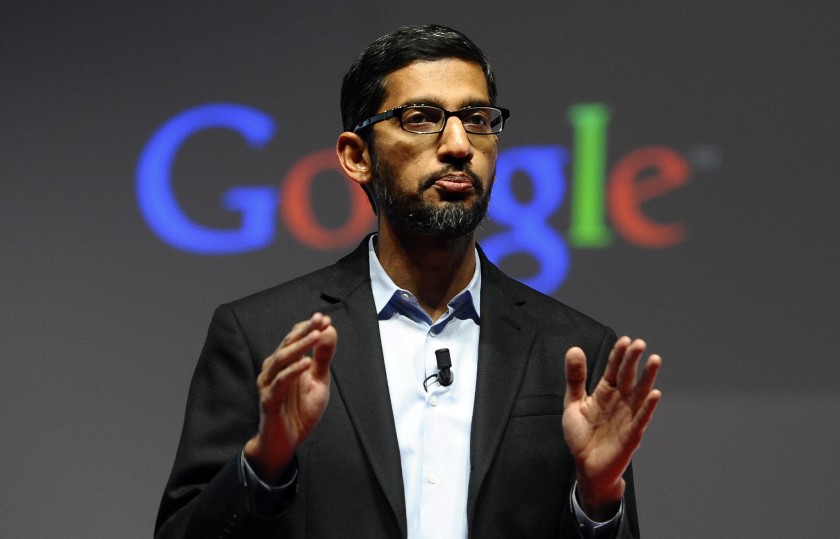|
Listen to this story
|
Finally, as we expected, the world and even the generative AI creators are realising the worth of human generated content. But right now, they want it for free.
Ah, the internet. A once-promising utopia of information and connection, now transformed into a dystopian playground for generative AI and its creators to wreak havoc. We’ve all heard of machines rising against their creators in sci-fi tales, but who knew it would be through the form of sinisterly scraping our digital lives through the internet?
The Writer’s Guild of America has been protesting against the use of AI in script writing for a few months now. Even more recently, around 8,000 authors wrote a petition to the big-tech to compensate them for training AI models on their data. People have been slowly realising that their original content is extremely valuable for these AI models, and thus, are demanding money for the same.
On the other hand, big tech is desperately scavenging for fresh content, like tech vultures feeding on the remains of our once-private and protected content. It seems like they feel that their generative AI models like Bard and ChatGPT might die if you don’t help them.
Wake up call
OpenAI, the creator of ChatGPT, introduced GPTBot to crawl the internet for training its AI models, possibly the next generation of GPT. More interestingly, if users want to opt out their content from being trained for these models, they would have to voluntarily take a step to block it from OpenAI’s bot. Moreover, OpenAI has strategically partnered with news agencies to make their models a little more legally relevant.
Similarly, this discussion around scraping information from the internet did not stop Google to also step in with its controversial take. According to a recent report, Google submitted to the Australian government to review its regulatory framework around AI copyright and allow Google’s generative AI systems to scrape the internet. This is after Google updated its privacy policy saying that it will use all the information for training its AI models.
The Writer’s Guild of America is practically wielding pitchforks against the intrusion of AI into scriptwriting. They have united in demanding compensation for their data. It appears their creativity isn’t just being stolen; it’s being monetised. They have woken up to realise this and put up a fight against these giant AI models.
On the flip side, while the advancement of technology is supposed to elevate society, it seems generative AI models have missed that memo entirely. Models like GPT, Bard, and Stable Diffusion have been descending into the abyss of mediocrity, and it’s no secret why.
Data cannibalism – when these algorithms train on their own subpar creations – is causing their output to degrade faster than an overplayed pop song. And now they are eyeing for more human-generated content on the internet.
Let AI go MAD
The crux of the issue lies in a simple equation: More AI-generated content on the internet = AI models feasting on it + quality eroding into oblivion. This chilling phenomenon was recently spotlighted in a scholarly paper by Stanford University and Rice University. Aptly titled Self-Consuming Generative Models Go MAD, the paper lays bare the grim reality of AI spiralling into madness through self-indulgence.
That means that the big-tech, and more specifically, generative AI models are craving for more human generated content to make themselves better. It doesn’t matter to them if you don’t want them to use your data or not, they would find loopholes to reach your content somehow. When signing up on Elon Musk’s X, you have already agreed to let him train his AI models based on your thoughts.
So, is it time to collectively pull the plug on our online presence? Perhaps, at least for a while. That is what Reddit did as well. While the internet once held promises of information and connection, it’s slowly mutating into a digital wasteland where AI gorges on our data and spits out subpar drivel.
But hey, if you’ve ever wanted your brilliant prose to serve as AI sustenance, go ahead, keep posting. It is up to you to decide if you want better generative AI models or preserve your data. Just know that every witty tweet and heartfelt blog post might be paving the way for an apocalypse led by lacklustre algorithms. It might be wise to earn a few bucks while you do it as human generated content is going to be very valuable in a few years.






